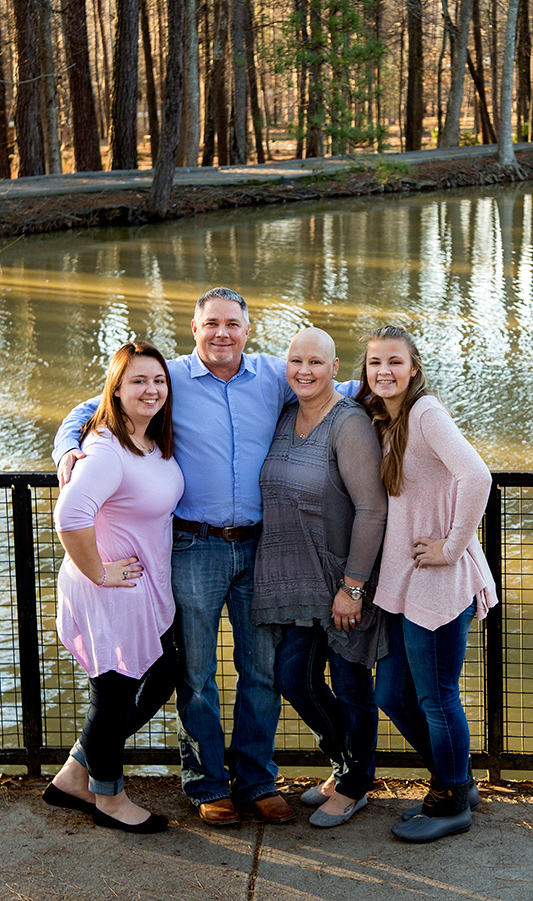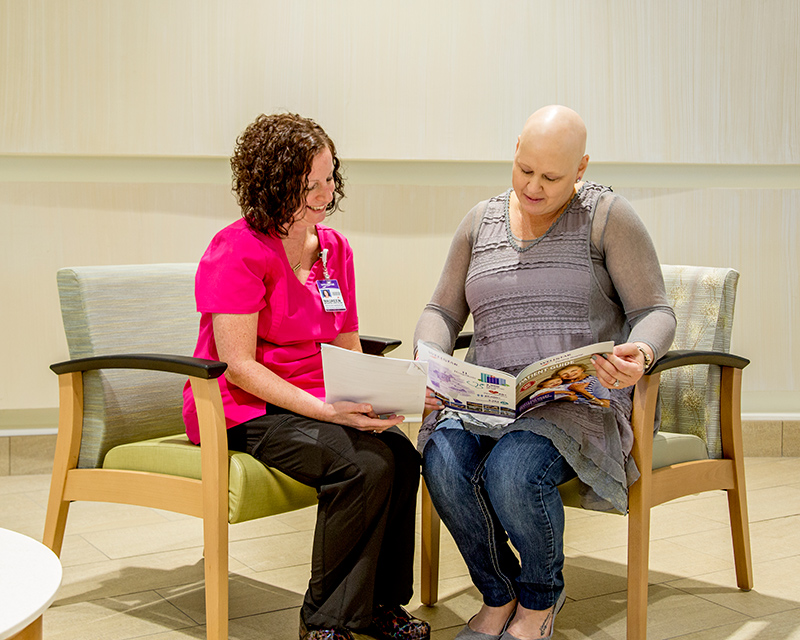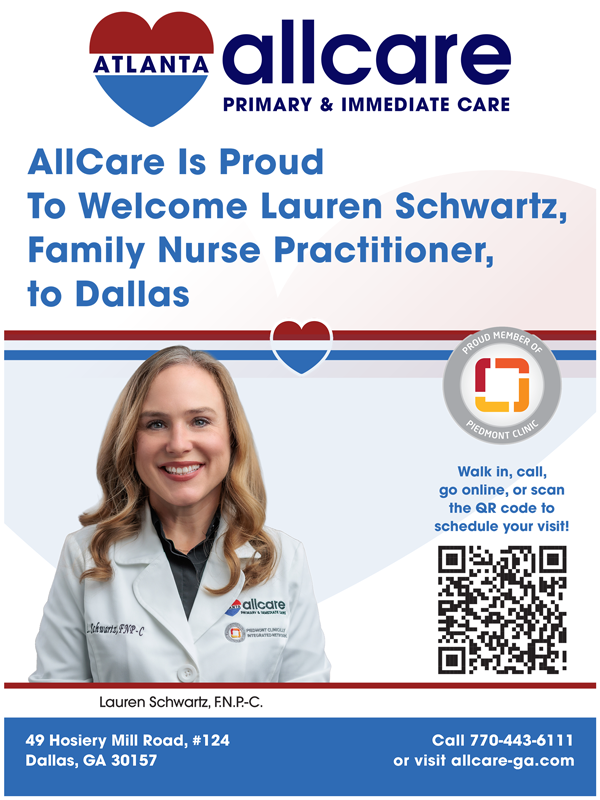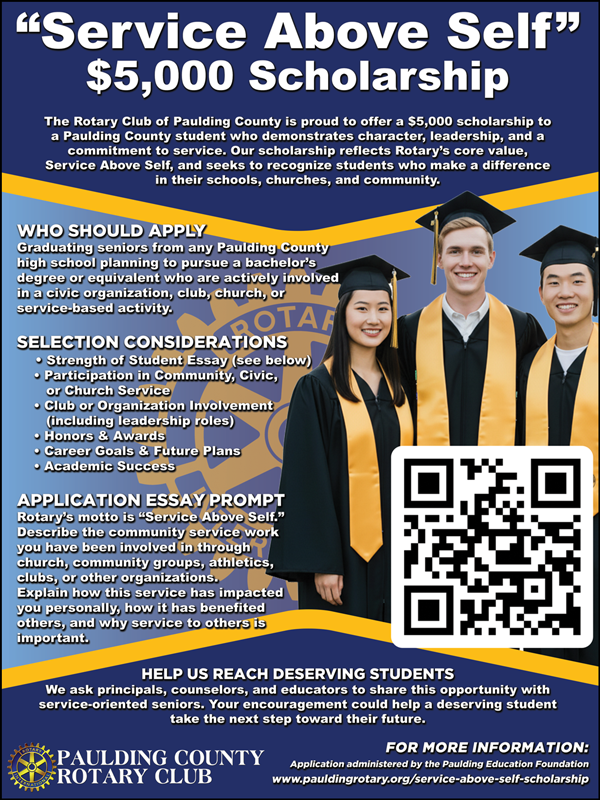WellStar story - Tracy Drake, breast cancer patient
 Tracy Drake knew this time was different. She was accustomed to abnormal mammograms and subsequent biopsies, but her October 2016 biopsy confirmed her suspicion – invasive ductal carcinoma. A breast MRI two days later revealed it was Stage 3.
Tracy Drake knew this time was different. She was accustomed to abnormal mammograms and subsequent biopsies, but her October 2016 biopsy confirmed her suspicion – invasive ductal carcinoma. A breast MRI two days later revealed it was Stage 3.
According to the American Cancer Society (ACS), of the more than 180,000 woman diagnosed with invasive breast cancer each year, most are invasive ductal carcinoma. “I could feel the lump,” said the 46-year-old mother. “It was nine centimeters – I just knew. Immediately after my biopsy, Maureen Lavelle, WellStar Paulding Hospital’s nurse navigator, got involved. I would have been lost without her – she was awesome.”
Maureen, a certified oncology nurse, recently helped launch Paulding Hospital’s nurse navigator program. Nurse navigators support patients and their families from the initial diagnosis through post-treatment follow-up. Navigators are with patients during the entire treatment plan, and are often present during procedures. The navigator is often an invaluable source of emotional support.
“Maureen got everything moving very quickly,” explained Tracy, “coordinating all my appointments and treatments. She has been with me every step of the way,” said Tracy. “She even went with me for my genetic testing.”
Beginning in early November 2016, the Douglasville resident underwent double dose chemotherapy at Paulding Hospital every two weeks, for six weeks. Then in early January 2017, Tracy began a 12-week course of single-round chemotherapy. She will have a mastectomy, reconstruction and radiation.
“My treatment plan is very aggressive,” said Tracy. “I’ve done really well with the chemo – I’m staying strong and positive. And I was so relieved I tested negative for everything – I have two teenage girls.”
Genetic testing allows people to learn if their family history of breast cancer is due to an inherited gene mutation. Only five to 10 percent of breast cancers in the U.S. are linked to such a mutation, according to the ACS.
“I’ve learned so much about strength and perseverance from my patients,” said Maureen. “Tracy is incredibly strong – she always has a smile on her face.”
“I know I’ve done as well as I have because of my faith in God,” said Tracy. “My sister rallied prayer warriors across the country who prayed for me round the clock. It worked.
“I told my husband of two years that the sickness and health part came quicker than we thought,” laughed Tracy, who reconnected three years ago with her high school sweetheart after 26 years and found love. “He and my girls have been extremely encouraging and supportive. I’m so grateful to them, to God – and to Maureen. Without her, I wouldn’t have known what to do.”




















